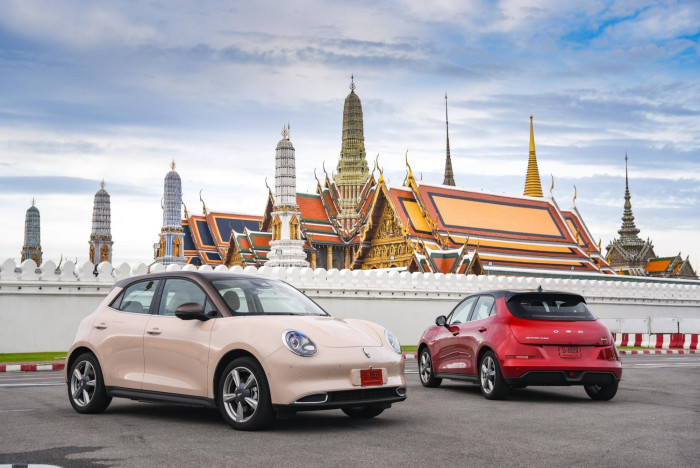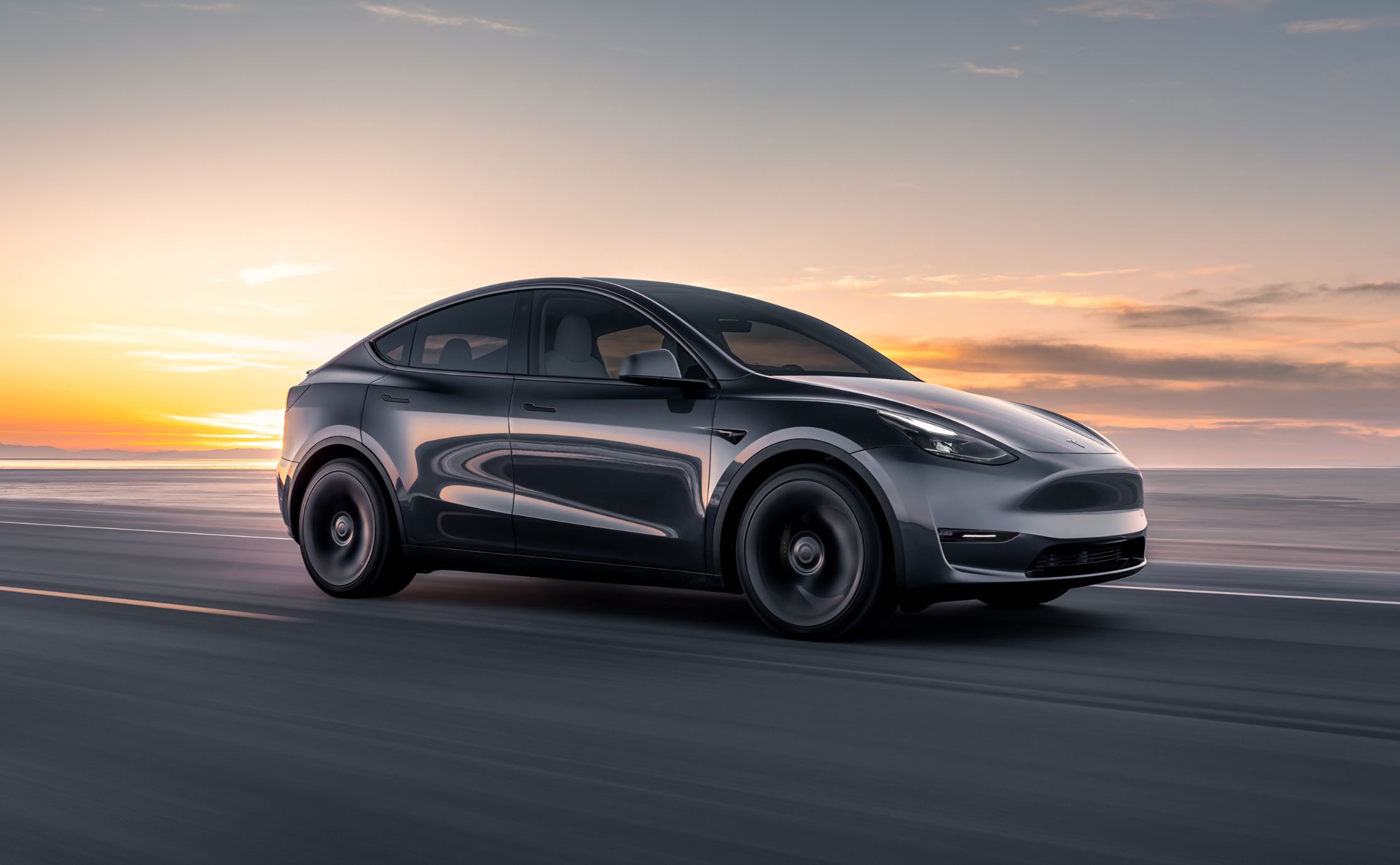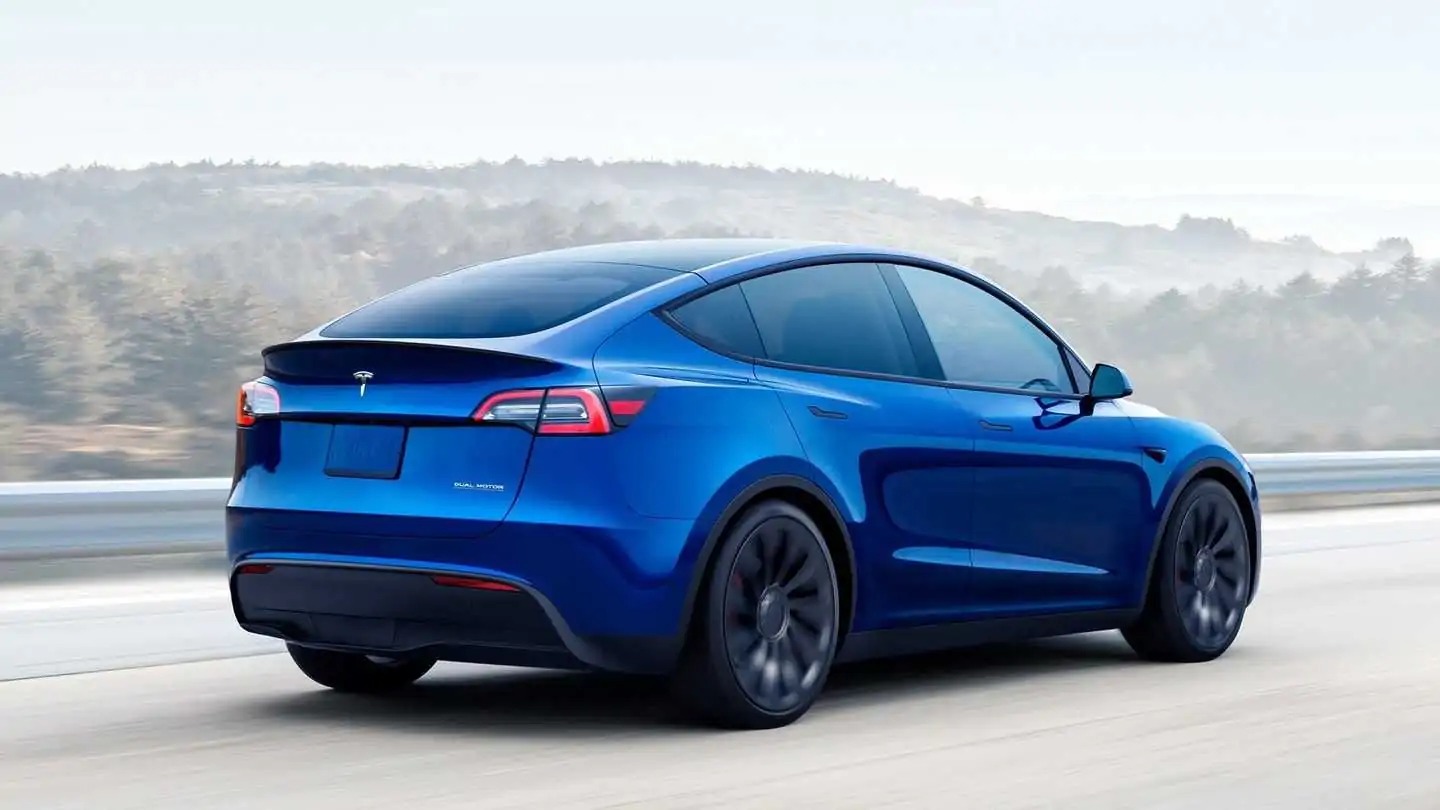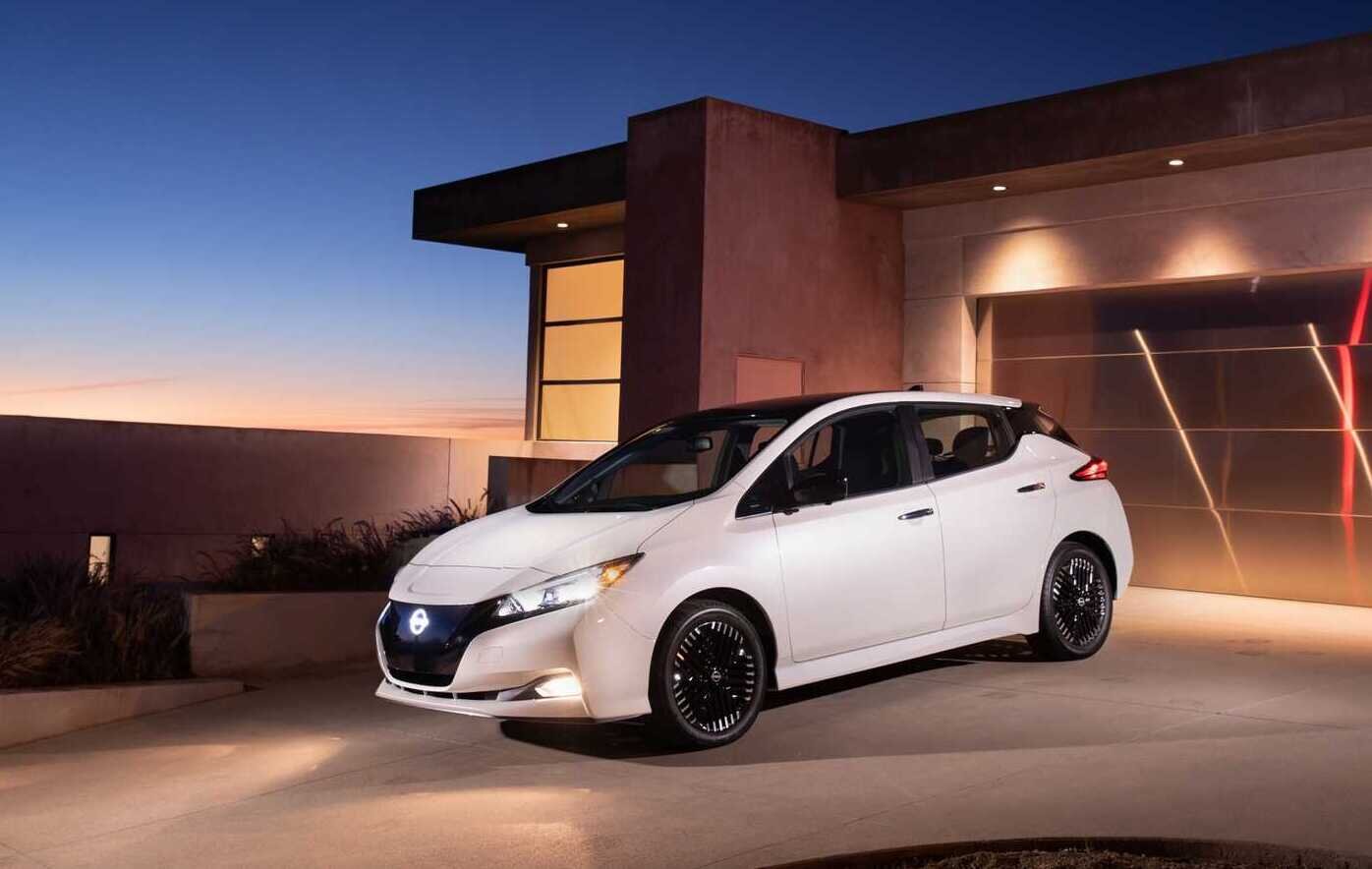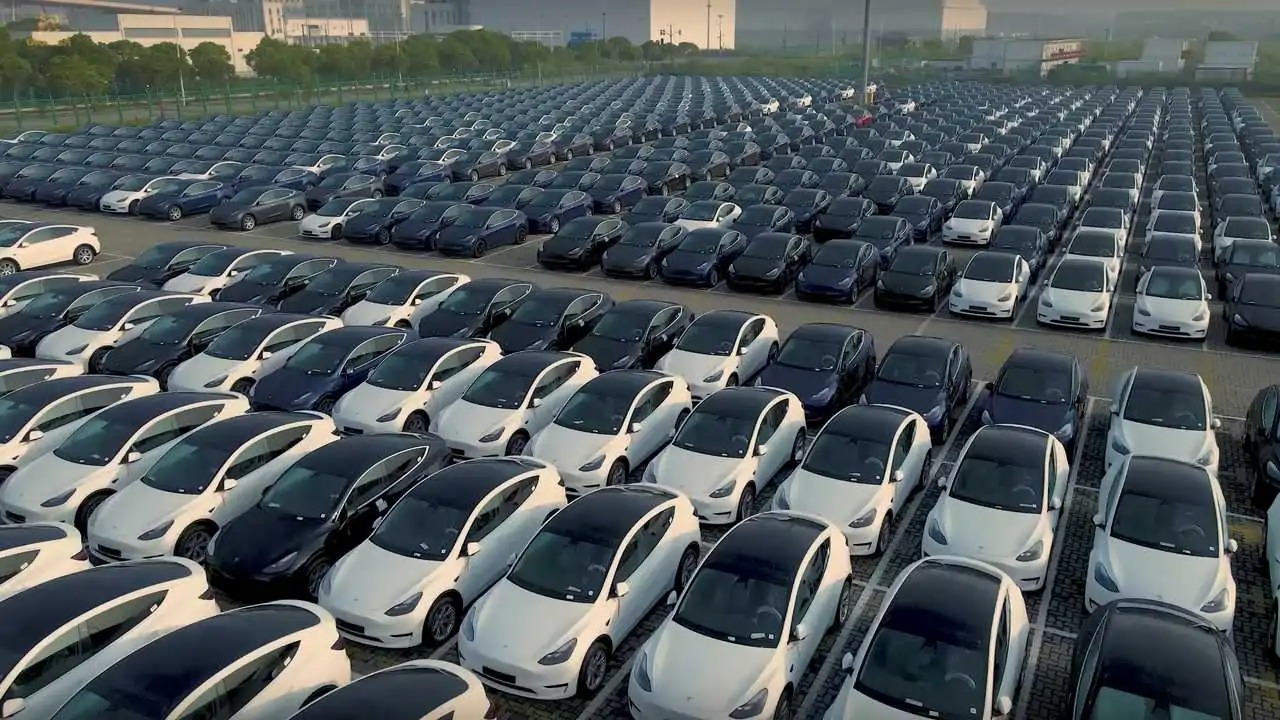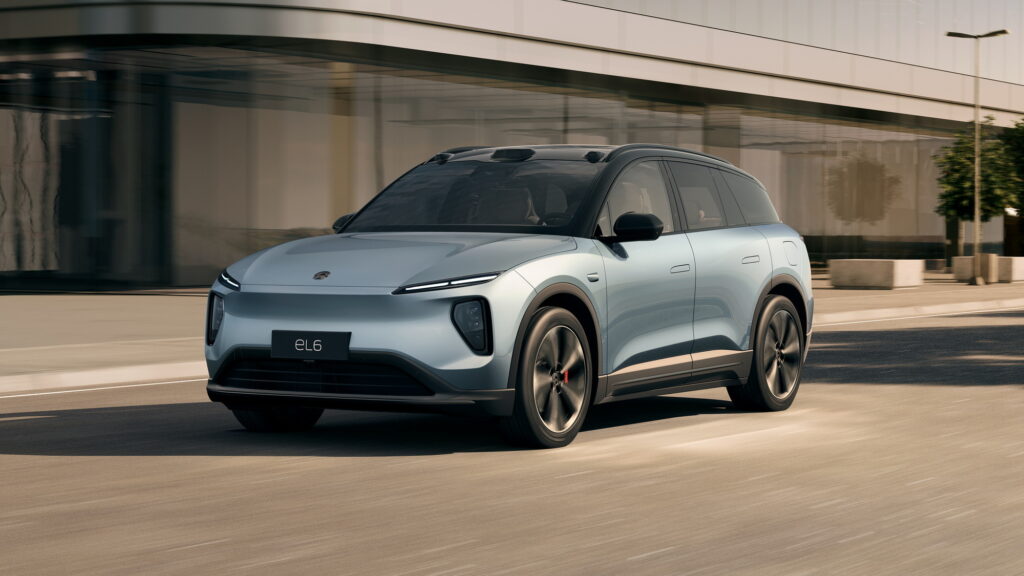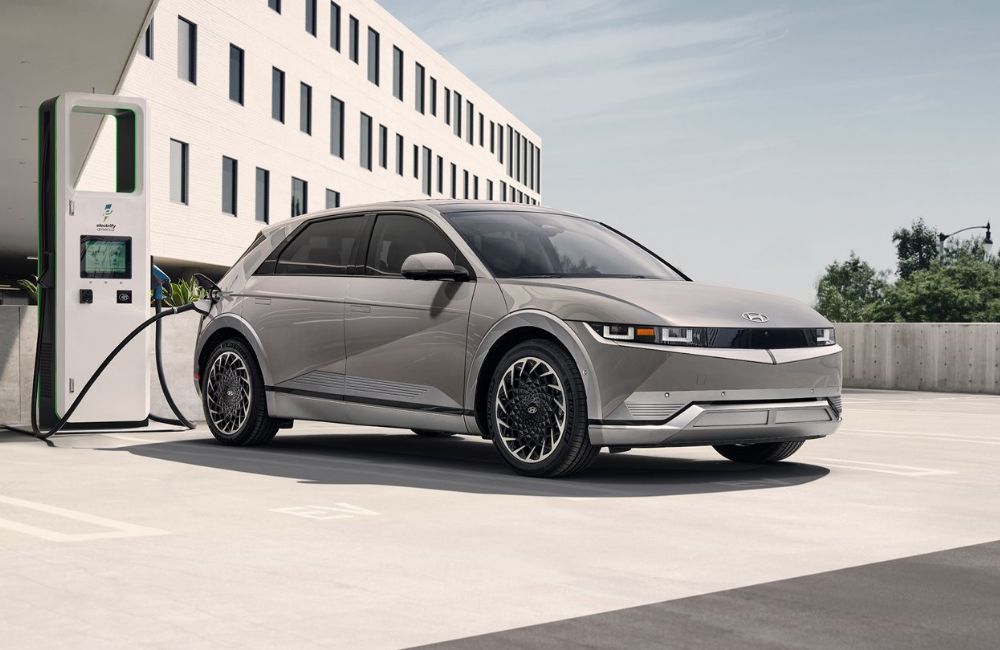Chinese automakers have established a dominant presence in the rapidly growing electric vehicle (EV) market of Southeast Asia, with research firm Counterpoint Research revealing that three out of every four EVs sold in the region during the first quarter were from Chinese brands. The main driving force behind this transition is Thailand, which serves as the primary regional auto manufacturing hub. According to Counterpoint, Thailand accounted for an impressive 79% of all EV sales in Southeast Asia during the same period.
Thailand’s success in fostering the EV market can be attributed to the various incentives it offers to consumers and subsidies provided to automakers for local EV production. This has attracted significant investments from Chinese car manufacturers, including Great Wall Motor and BYD, who have been keen to establish production facilities in the country.
With an ambitious target, Thailand aims to convert around 30% of its annual production of 2.5 million vehicles into EVs by the year 2030. To support this transition, Chinese EV makers have committed to investing at least $1.44 billion in setting up production facilities within Thailand, marking a notable shift in an industry previously dominated by Japanese companies for decades.
Counterpoint analyst Abhilash Gupta emphasized the rapid growth of Chinese auto groups in the Southeast Asian region, noting that their market share had surged from 38% to nearly 75% in the past year.
Overall, the share of EVs in total passenger vehicle sales across Southeast Asia saw a remarkable increase, rising from 0.3% in the first quarter of the previous year to 3.8% in the same period this year, as reported by Counterpoint.
The top-selling EV car in the region during this time was BYD’s Atto 3, closely followed by the Neta V manufactured by Hozon New Energy Automobile, a company actively working on establishing local Thai production. Tesla’s Model Y also made the list of popular EVs in the region.
Counterpoint predicts that with the expanding offerings from Chinese EV manufacturers, the share of EVs in total vehicle sales in Southeast Asia could potentially reach 6% by the end of 2023.
The largest auto markets in Southeast Asia, namely Indonesia, Thailand, and Malaysia, were the main focus of Counterpoint’s analysis on EV sales. However, the research also included Vietnam, the Philippines, Singapore, and Myanmar in their assessment of the EV market in the region.

